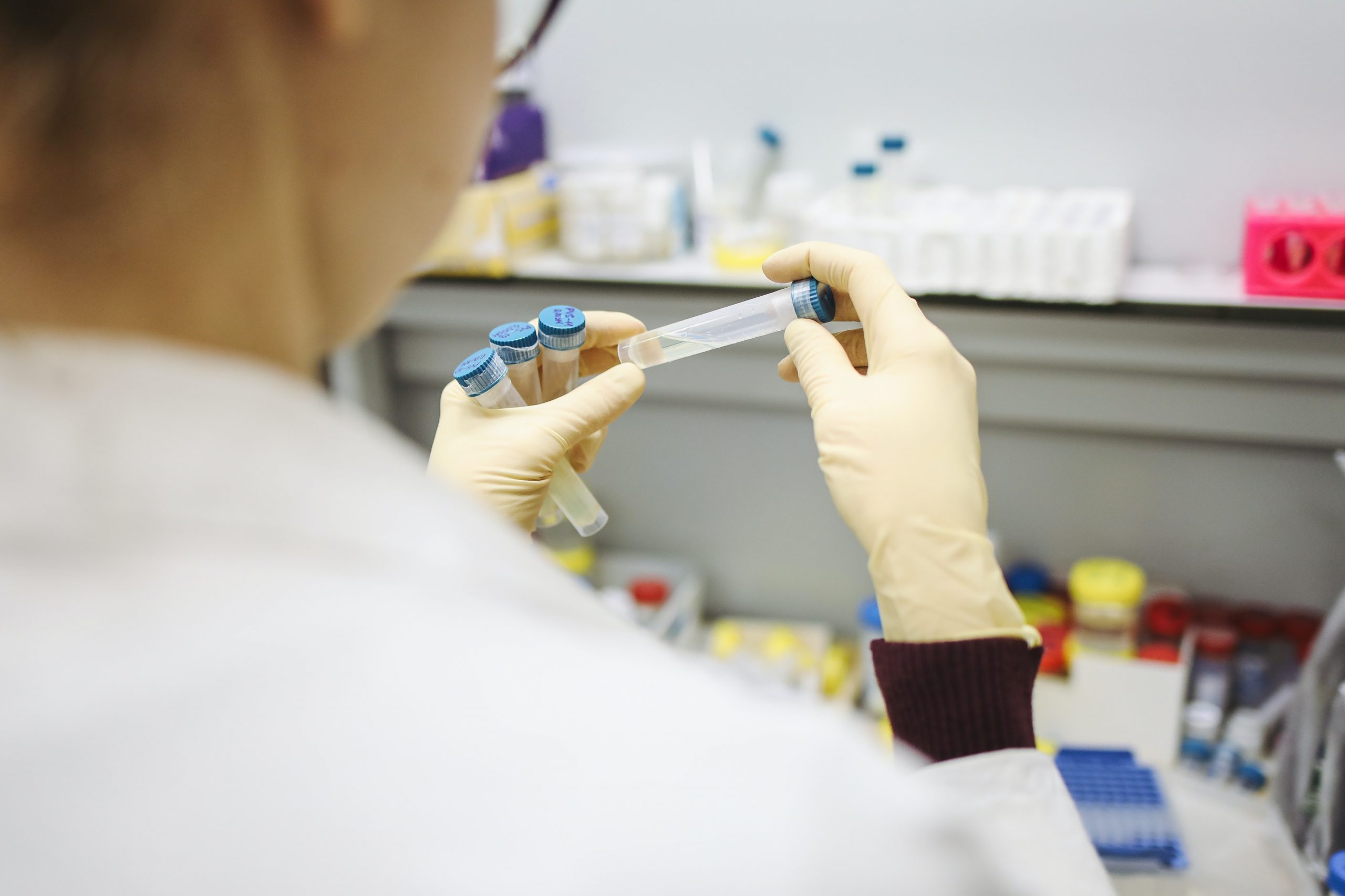From PRNewswire/ Lantern Pharma
A clinical-stage biopharma company using its proprietary RADR® artificial intelligence (“A.I.”) platform to transform cancer drug development and identify patients who will benefit from its targeted oncology therapeutics, today announced that it will be launching the development of its ADC (Antibody Drug Conjugate) program through an evaluation and potential development agreement with Califia Pharma along with other key internal development and computational initiatives. Lantern will potentially leverage the patent-protected linker library, conjugation processes and payloads, including its own DNA damage causing compounds, LP-100 and LP-184, for development as ADC-based therapies for a range of solid tumors and blood cancers. In addition, Lantern intends to utilize its proprietary A.I. platform, known as RADR®, to help determine the cancer types, targets, and cancer biomarker signatures believed most likely to respond to and benefit from this ADC approach. According to industry analysts, the global antibody drug conjugate cancer therapy market is expected to exceed $10 billion USD by 2026, and $15 billion USD by 2030, driven by innovations in protein targeting, linker technologies and conjugation processes.
ADCs bring together the ability to target specific antibodies on specific cancer cells and then link that antibody targeting capability to delivering specific potent molecules or toxic payloads to the targeted cancer cell. ADCs are an emerging class of highly potent drugs that have seen five FDA approvals over the last two years.
“At Lantern we are focused on uncovering and accelerating new advances that can make a meaningful impact on personalizing cancer treatment and that can leverage our A.I. and data driven model for precision cancer drug development. The Califia portfolio of technologies and library of linkers has been meaningfully progressed with a specific focus on the class of drugs represented by LP-100 and LP-184. We believe that this optimization coupled with our identification of cancer sub-types should enable us to target very specific cancers quickly, creating the potential to enter into clinical trials at a speed that we believe has not been achieved in the ADC category,” said Panna Sharma, CEO of Lantern Pharma. ADCs can use the specificity of antibodies and antigens to focus cytotoxic small molecules on target cells “precisely” and then kill them based on releasing the “payload” by designing and controlling the linker element. “Pioneering development by Califia has yielded novel linkers and chemistries that we believe have significantly improved the therapeutic index of specific DNA damage compounds and alkylating agents in early pre-clinical studies, and have also minimized the manufacturing steps involved in conjugation of the ADC structure,” added Panna Sharma.
“Working closely with innovators and world-leading drug developers is an essential part of our strategy to leverage and develop new platforms that can transform the timeline and effectiveness of cancer drug development. By implementing ADC approaches, we aim to offer cancer patients an additional, highly-targeted platform that can make meaningful contributions in advancing the personalization of treatment, while also benefitting from synergies with our A.I. drug development platform,” continued Panna Sharma.
The ADC program will begin immediately and initially focus on evaluating Califia’s novel, patented linker technologies with DNA damaging small molecules, including LP-100 and LP-184, in select solid tumors. Lantern also expects to use RADR® to guide the selection and prioritization of certain tumors and cancer subtypes and also to uncover cancer sub-types where there is significant unmet patient need, especially in rare tumors and orphan indications where there have not been recent meaningful improvements in the standard of care. The ADC development program is at the forefront of translational cancer medicine and will be optimizing target indications and design during 2021, with the intent to launch IND and clinical programs in 2022. Subject to positive results of the evaluation and early development process, Lantern expects to enter into a license(s) that cover the intended target(s), payload(s) and linker(s) to be brought into the clinical development process. This rapid approach is intended to be done in collaboration with leading cancer research centers and will attempt to also implement the use of precision medicine tools, such as biomarker driven targeting and analysis, companion diagnostics, and large-scale analytics to fully leverage the precision power of ADCs.

